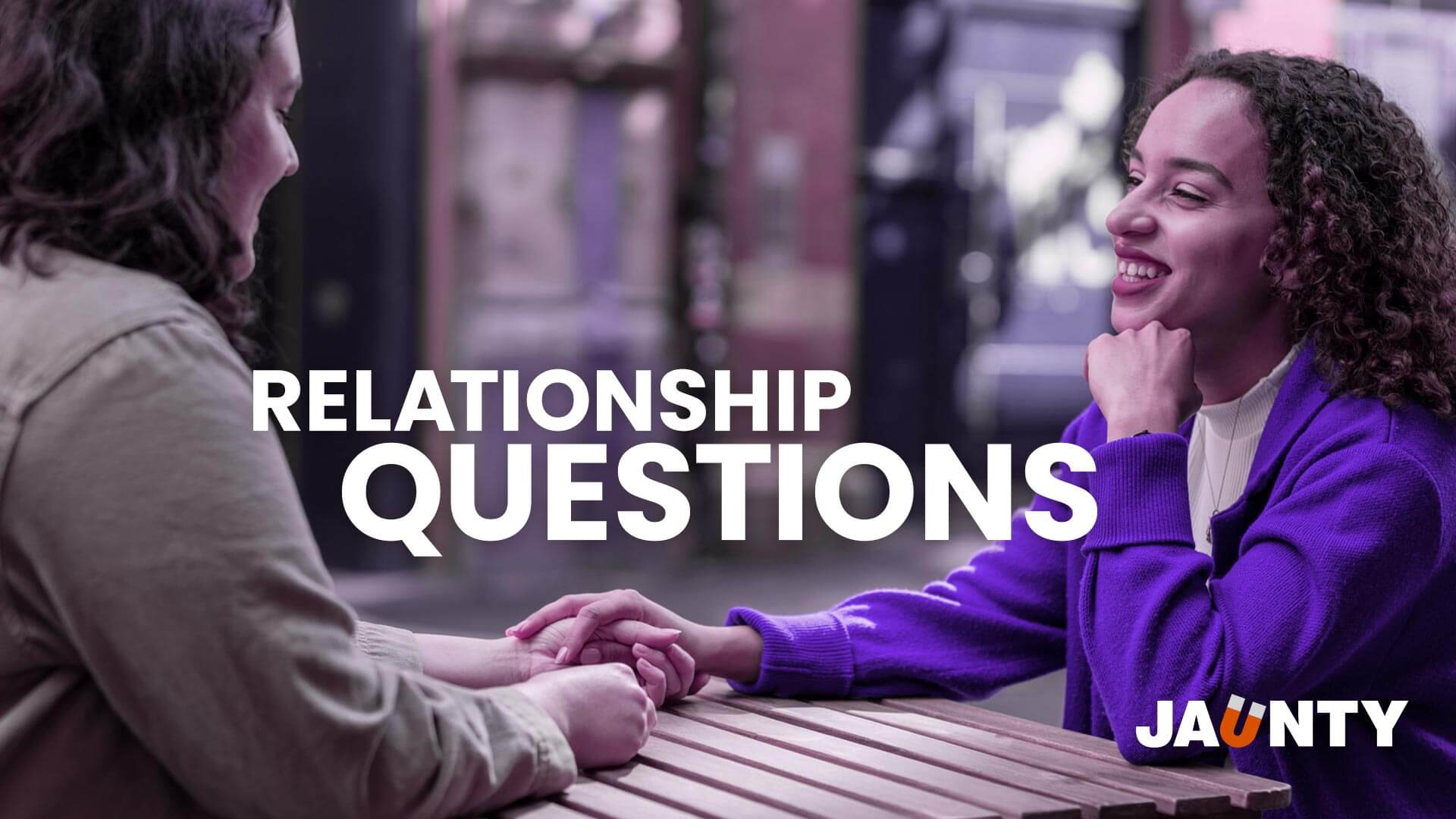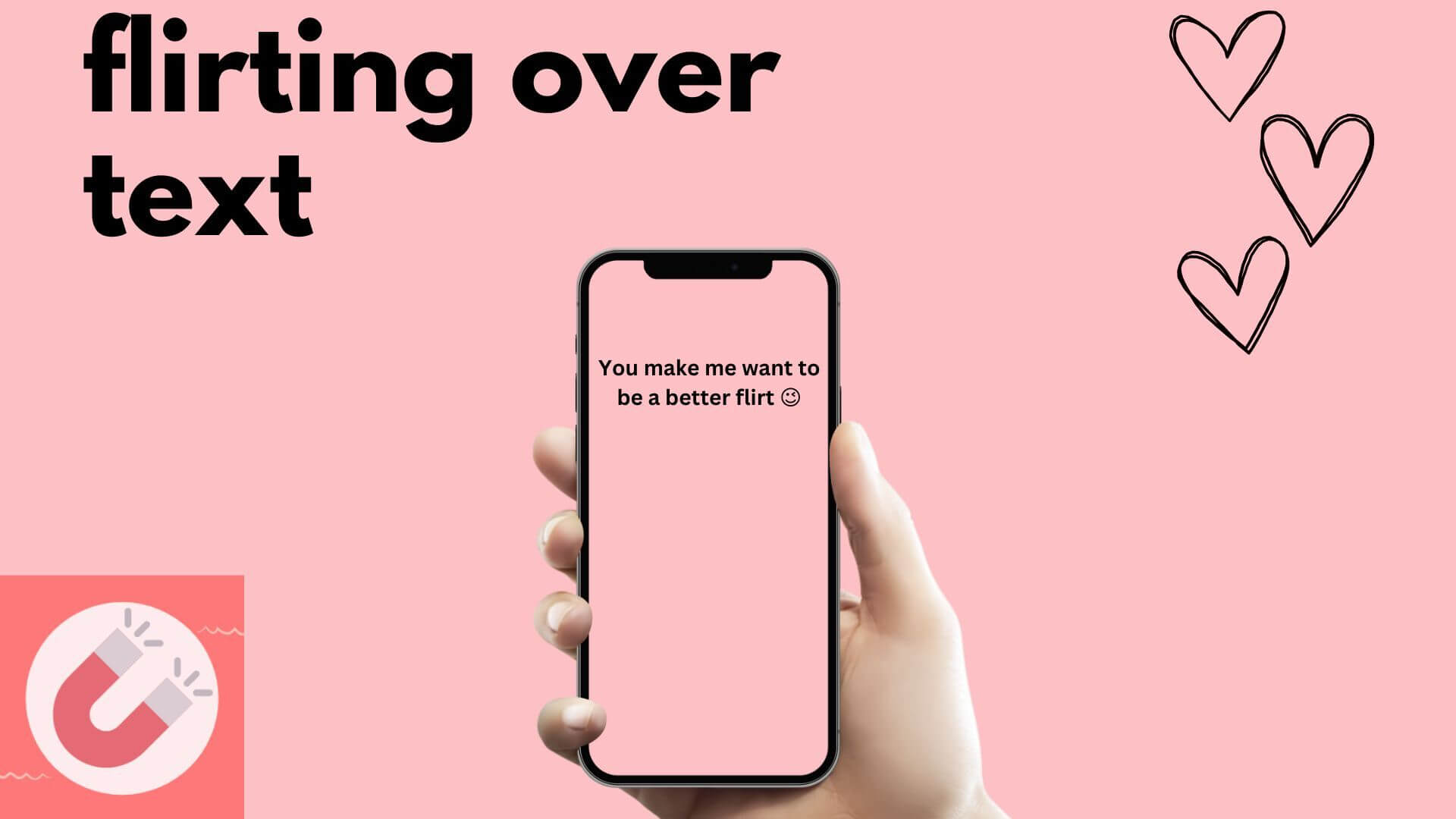Rebound flirting is seeking casual romance or attention soon after a breakup. It often involves looking for emotional or physical intimacy with new partners shortly after ending a previous romantic relationship. The motivation behind rebound flirting can vary from seeking validation, distraction from the pain of a breakup, to a genuine desire for connection.
Being on the rebound is typically considered a potential relationship red flag characterized by its casual, non-committal nature and timing – occurring soon after the dissolution of a previous relationship. While recovering from a bad breakup, someone might engage in atypical behaviors, like one night stands with people they just met or barely know or attempting to hook up with friends.
In the vulnerable ‘post-breakup’ state, rebound flirting may become a temporary relief that offers a fleeting sense of validation and desirability that the breakup may have shaken.
Is It Bad To Be Someone’s Rebound?
While it can be a natural response in the healing process, the path of rebound flirting is fraught with emotional complexity where intentions are unclear and the heart’s desires are shrouded in the shadows of recent loss.
Rebound behavior often emerges from a place of emotional distress and loneliness, marking the end of a significant relationship.
Someone on the rebound may inadvertently send mixed signals, leading to confusion and potentially hurt feelings. They may struggle with wanting to move forward but being tethered to the past, creating a turbulence of emotions for both the person flirting and the recipient.
It’s important to approach a rebound situation with caution, as the initial foundation of any new relationship may be unstable due to the emotional vulnerability or unavailability of one or both partners.
How Can I Tell If I’m Flirting With Someone On The Rebound?
Identifying whether someone’s flirting is part of a rebound can be challenging, as it often involves understanding the individual’s recent relationship history and emotional state.
For example, if they have recently exited a long term relationship, such as just starting to date after a divorce, and you notice they are focussed solely on flirting without seeking a deeper emotional connection, or they aren’t trying to get to know you better it may be a sign of rebound behavior.
They may also make frequent comparisons to their ex, show signs of not being over an ex, or exhibit a reluctance to commit to anything serious.
If a new romantic interest suddenly begins pushing for a quick escalation in the relationship, such as rapid intimacy or defining the relationship prematurely, it could suggest that they are using the new interaction to distract themselves from the pain of their previous breakup.
Is It Possible To Develop Genuine Feelings On The Rebound?
While rebound relationships are often characterized by a lack of genuine emotional connection, it is not impossible for real feelings to develop. Over time, what starts as a rebound can transform into a meaningful relationship if both parties are willing to work through the initial reasons for the rebound and focus on building a solid foundation. This requires honest communication and a mutual desire to move past the rebound stage.
It’s essential to be aware of the motivations behind the relationship and to be honest with oneself about whether the connection is based on genuine feelings or is simply a means to avoid dealing with the pain of a recent breakup.
How to Protect Your Heart While Flirting with Someone on the Rebound
Flirting with someone on the rebound can be a risky affair. To protect your feelings, time, and resources in such a situation, it’s crucial to recognize the signs and approach each interaction with caution and awareness.
1. Assess Their Emotional Availability
Before getting too involved, take time to evaluate whether the person you’re flirting with is emotionally available. Are they open and transparent about their feelings, or do they seem guarded and focused on the physical aspects of the relationship? Understanding their emotional state can help you gauge the potential risks involved.
2. Communicate Your Intentions Clearly
Be upfront about what you’re looking for in the interaction. Whether you’re interested in a casual flirtation or something more serious, clear communication can prevent misunderstandings and ensure that both parties are on the same page.
3. Set Boundaries for Yourself
Determine what you’re comfortable with and stick to those boundaries. If you sense that the person is using you as a rebound, it may be necessary to pull back or end the flirtation to protect your emotional well-being.
4. Observe Their Behavior Patterns
Pay attention to how they talk about their ex and their past relationship. If they’re frequently bringing up their ex or comparing you to them, it could be a sign that they’re not over their previous partner.
5. Take Things Slow
Avoid rushing into anything serious. Taking things slow allows you to build a connection based on understanding and mutual respect rather than filling an emotional void.
6. Focus on Self-Care
Make sure to prioritize your own emotional needs. Engage in activities that bring you joy and fulfillment outside of the flirting dynamic. This helps maintain your sense of self and prevents you from getting lost in the other person’s rebound process.
7. Be Prepared to Walk Away
If you realize that the relationship isn’t serving your best interests, be ready to step back. It’s important to recognize when to protect your heart and move on from a situation that may not lead to a healthy and fulfilling relationship.
What Are the Signs That You Are Being Used as a Rebound?
Being used as a rebound often comes with specific signs that can alert you to the situation. These signs include your partner frequently talking about their ex or making comparisons, a noticeable fear of commitment, or a relationship that seems to be moving at an unusually fast pace.
If your partner goes to extreme lengths to avoid mentioning their ex altogether or seems to be in a relationship as a form of revenge against their ex, these can be red flags indicating rebound behavior. You might also notice that the relationship feels predominantly sex-oriented, without any emotional connection, or that they are otherwise emotionally unavailable and won’t open up.
Can a Rebound Lead to a Healthy Relationship?
Rebound relationships have a reputation for being short-lived and emotionally driven, but they can sometimes evolve into healthy, lasting partnerships. This typically requires both individuals to address any lingering issues from past relationships and to build a new connection based on trust, communication, and mutual respect. It’s crucial for the rebounding individual to take time to heal and for both partners to enter the relationship with clear intentions and an understanding of each other’s emotional needs.
Rebound: Dos and Don’ts
Dos
- Do take things slow and give yourself time to understand the other person’s intentions.
- Do communicate openly about your feelings and relationship expectations.
- Do pay attention to red flags, such as frequent mentions of an ex or a reluctance to commit.
- Do maintain your independence and keep up with your personal hobbies and interests.
- Do reflect on what you truly want in a relationship to ensure you’re not settling for a temporary fix.
Don’ts
- Don’t ignore your gut feeling if you suspect you’re being used as a rebound.
- Don’t rush into a relationship without understanding the other person’s recent dating history.
- Don’t overlook the importance of emotional availability and the willingness to be vulnerable.
- Don’t forget to set healthy boundaries to protect your emotional well-being.
- Don’t allow yourself to be a distraction for someone else’s healing process without considering your needs.





